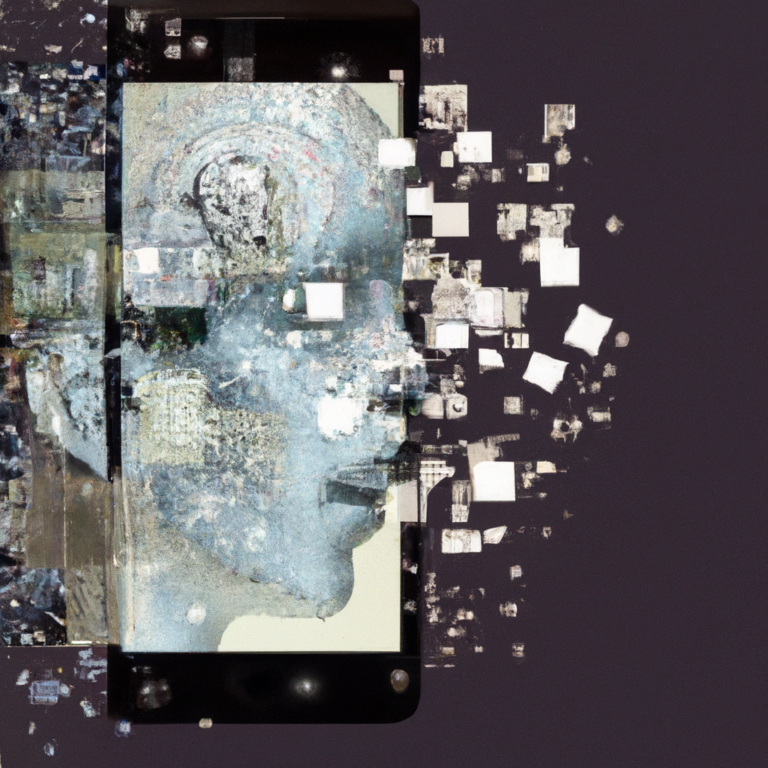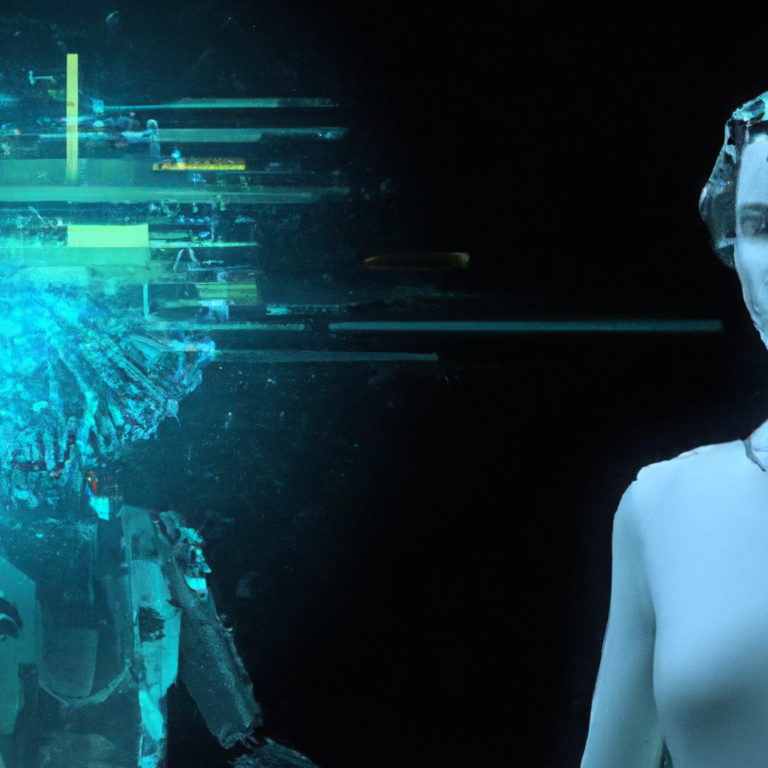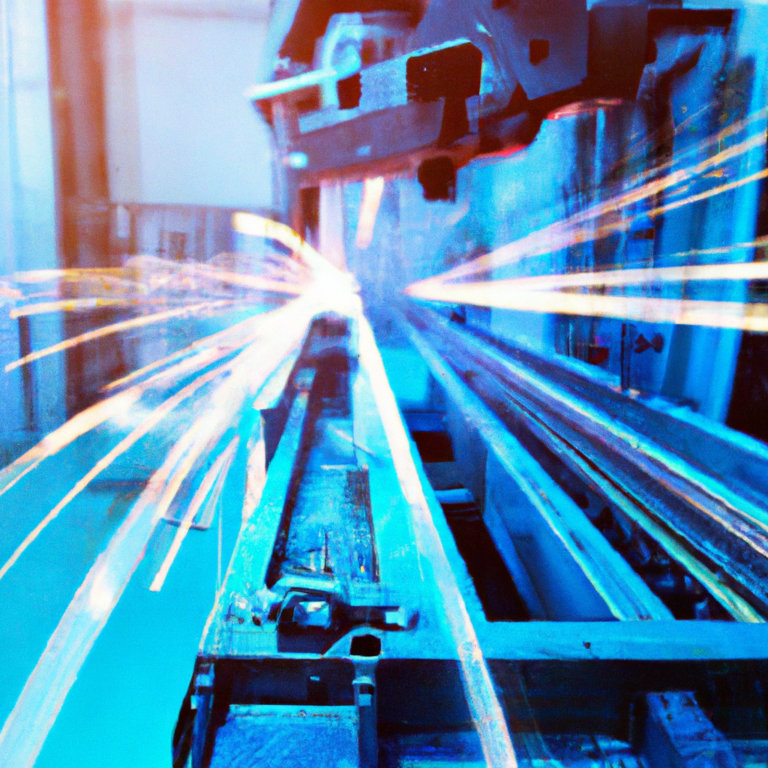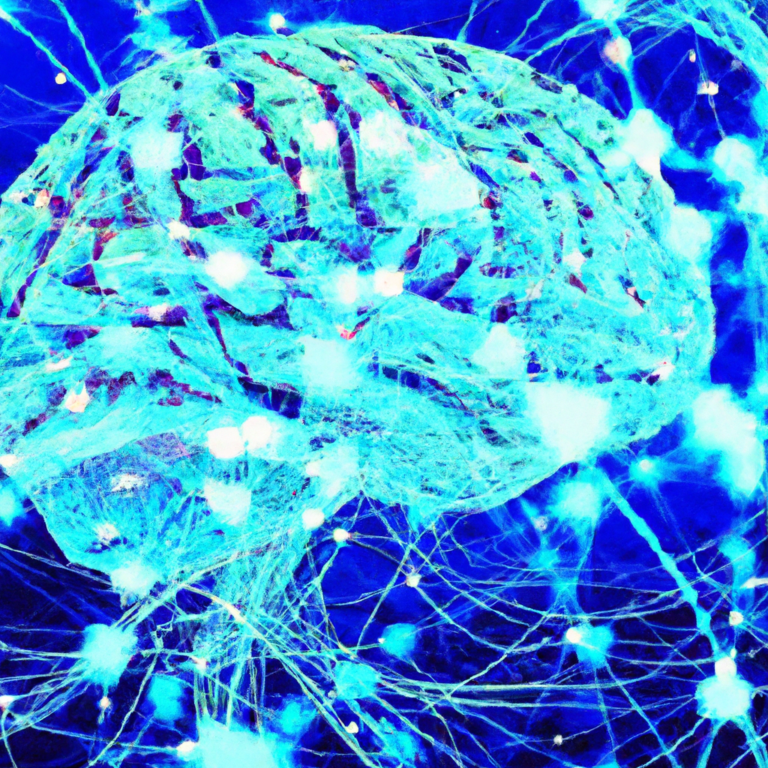How To Use AI To Make Our World A Better Place: How Can We Use AI To Make The World A Better Place?
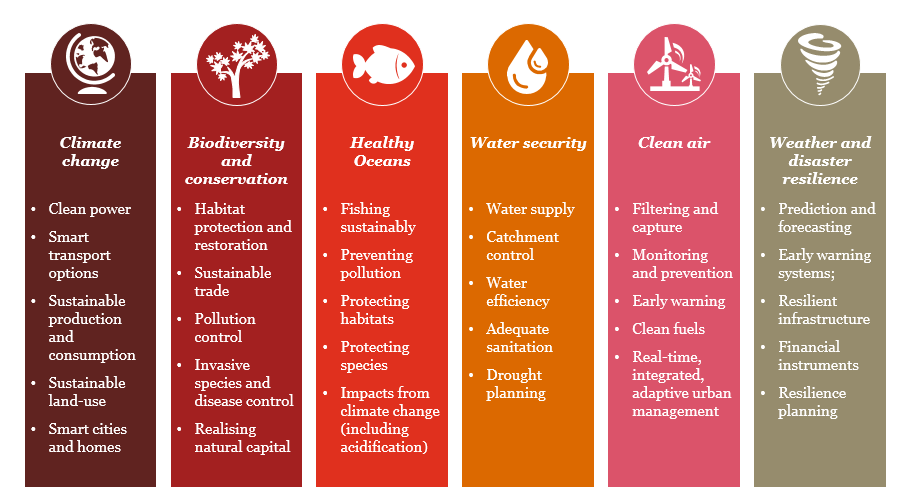
In this article, we will explore how AI can be harnessed to create positive changes in our world. With the rapid advancements in technology, AI has the potential to revolutionize various industries and improve the lives of individuals globally. From healthcare and education to environmental sustainability and social justice, the possibilities of using AI for the betterment of society are endless. Join us as we discover the innovative ways in which AI can be utilized to make our world a better place for all.
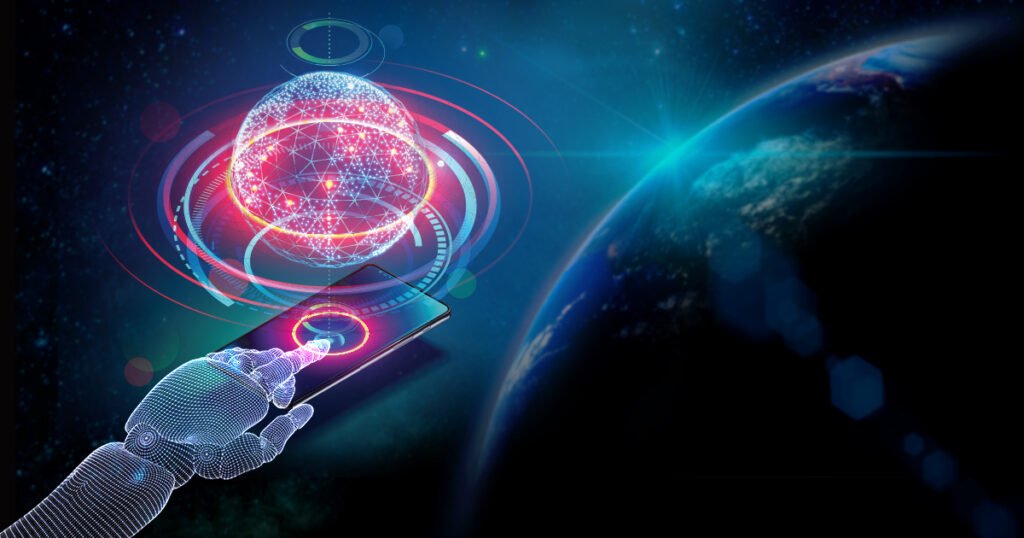
This image is property of www.itonics-innovation.com.
Using AI for Environmental Conservation
Monitoring and Predicting Climate Change
AI technology can play a crucial role in monitoring and predicting climate change, assisting in the preservation of our environment. By analyzing vast amounts of data collected from sensors and satellites, AI algorithms can identify patterns and trends that help us better understand the impact of human activities on the climate. This data-driven approach enables scientists and policymakers to make informed decisions to mitigate climate change and develop effective strategies for environmental conservation.
Tracking and Protecting Endangered Species
The use of AI in tracking and protecting endangered species has proven to be a game-changer in conservation efforts. AI-powered systems can analyze camera trap images, satellite imagery, and acoustic data to identify and monitor wildlife populations. By automating the process of species identification, AI algorithms enable researchers to quickly and accurately identify endangered species, assess their population numbers, and track their movements. This information is vital for conservationists to implement targeted conservation measures and protect biodiversity hotspots.
Optimizing Energy Consumption
AI technologies can help optimize energy consumption in various sectors, contributing to a more sustainable future. AI-enabled systems can analyze energy usage data from buildings, factories, and transportation networks to identify inefficiencies and recommend energy-saving solutions. By applying machine learning algorithms, AI can learn from historical energy consumption patterns and provide real-time insights to optimize operations. This leads to reduced energy waste, lower carbon emissions, and significant cost savings for businesses and individuals alike.
Improving Healthcare with AI
Enhancing Disease Diagnosis
AI has the potential to revolutionize disease diagnosis by improving accuracy and speeding up the process. Through machine learning algorithms, AI can analyze large volumes of medical data, including patient records, lab results, and genetic information, to identify patterns and detect early signs of diseases. This can lead to earlier interventions and more effective treatments. Additionally, AI-powered diagnostic tools can assist healthcare professionals by providing second opinions, reducing diagnostic errors, and enhancing overall patient care.
Improving Medical Imaging
By leveraging AI technology, medical imaging techniques such as MRI, CT scans, and X-rays can be enhanced to provide more accurate and detailed results. AI algorithms can analyze medical images and detect abnormalities that may be missed by human radiologists, thus improving the accuracy of diagnoses. Moreover, AI can assist in interpreting images in real-time, enabling healthcare professionals to make timely and informed decisions during critical situations. This not only improves patient outcomes but also helps optimize healthcare resources.
Enabling Personalized Medicine
AI can enable the development of personalized medicine by analyzing individual genetic data and medical history to tailor treatments to specific patients. Through machine learning algorithms, AI can identify genetic markers that determine an individual’s susceptibility to certain diseases or their response to particular medications. This information can aid in the selection of the most effective treatment plans, minimizing adverse reactions and improving patient outcomes. Additionally, AI can facilitate the discovery of new drugs and therapies by analyzing vast amounts of healthcare data and identifying potential correlations.
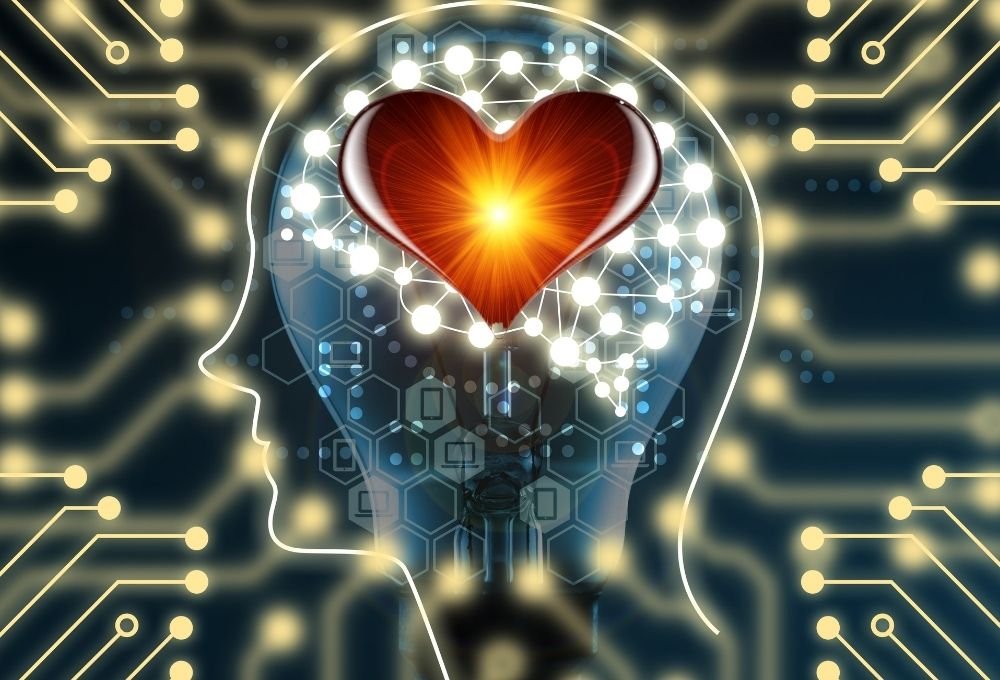
This image is property of iowacapitaldispatch.com.
Enabling Safer Transportation Systems
Autonomous Vehicles
Autonomous vehicles powered by AI technology have the potential to revolutionize transportation by reducing accidents, enhancing traffic flow, and improving fuel efficiency. AI algorithms process data from various sensors and cameras to perceive the environment, make informed decisions, and navigate safely. These vehicles can mitigate human error, which is a leading cause of accidents, and enable safer and more efficient transportation for individuals and goods.
Smart Traffic Management
AI can optimize traffic management by analyzing real-time traffic data and predicting congestion patterns. By processing data from cameras, sensors, and GPS systems, AI algorithms can identify traffic hotspots, dynamically adjust traffic signal timings, and suggest alternative routes to drivers. This leads to improved traffic flow, reduced travel times, and decreased fuel consumption. Additionally, AI-powered traffic management systems can help emergency services respond quickly to incidents and effectively manage traffic during peak hours or events.
Accident Prevention
AI-based systems can actively contribute to accident prevention by monitoring driver behavior and road conditions in real-time. Through computer vision techniques and sensor data analysis, AI algorithms can detect potential hazards, such as driver fatigue, distraction, or adverse weather conditions, and alert drivers or take necessary actions to prevent accidents. Furthermore, AI can assist in predicting accident-prone areas and implementing targeted infrastructure improvements to enhance overall road safety.
Enhancing Education and Accessibility
Personalized Learning
AI can revolutionize education by enabling personalized learning experiences tailored to individual students’ needs and preferences. By analyzing student performance data, AI algorithms can identify learning gaps, suggest appropriate learning materials, and adapt instructional approaches accordingly. AI-powered educational platforms can provide personalized feedback, adaptive assessments, and interactive learning tools, creating a more engaging and effective learning environment.
Facilitating Distance Education
AI technology can bridge the gap between students and quality education, particularly in remote or underserved areas. Through virtual classrooms, AI-powered platforms can facilitate distance education, enabling students to access high-quality educational resources and interact with teachers remotely. AI algorithms can also monitor student progress and provide personalized guidance, ensuring that students receive the support they need irrespective of their geographic location.
Assisting Students with Disabilities
AI can empower students with disabilities by providing assistive technologies that cater to their unique learning needs. Speech recognition technology and natural language processing algorithms can enable students with communication challenges to interact with educational content effectively. Additionally, AI-powered devices and applications can help students with visual impairments or mobility limitations access educational materials, navigate their surroundings, and participate in academic activities with greater independence.
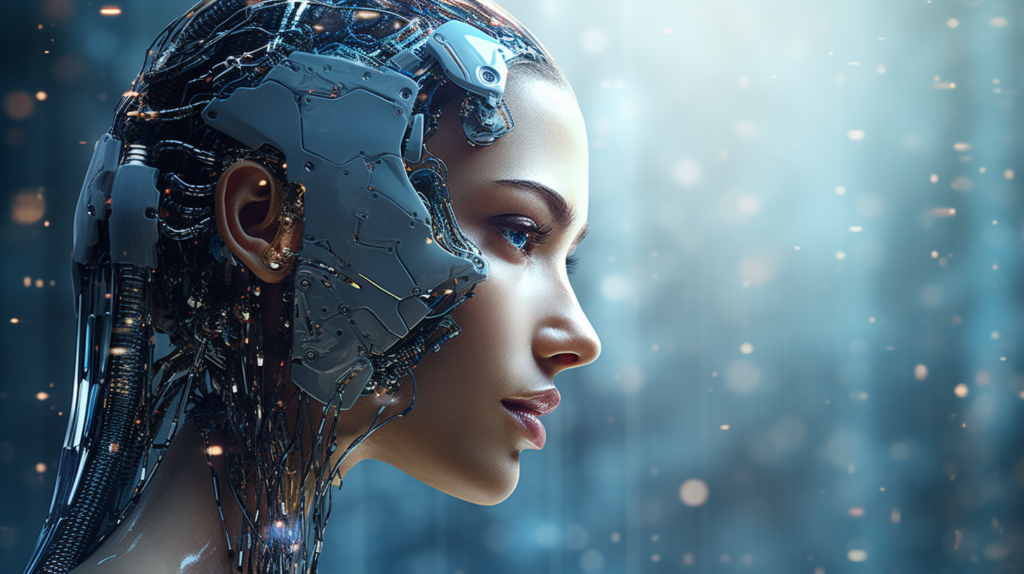
This image is property of thred.com.
Boosting Food Production and Agriculture
Precision Farming
AI technology offers immense potential for precision farming, optimizing agricultural practices and maximizing crop yields. Through the analysis of various data sources, such as satellite imagery, weather data, and soil composition, AI algorithms can provide farmers with valuable insights. These insights can help farmers make data-driven decisions regarding irrigation, fertilizer application, and pest management, reducing resource waste and increasing productivity. AI can also detect crop diseases and nutrient deficiencies early, allowing for timely interventions and mitigating crop losses.
Crop Disease Identification
AI algorithms can accurately identify crop diseases by analyzing images of plants and leaves. By comparing these images with a vast database of known diseases, AI can detect the presence of diseases at an early stage, enabling farmers to take appropriate actions. This early detection helps prevent the spread of diseases, increases crop yields, and reduces the need for excessive pesticide use. Additionally, AI-powered systems can provide farmers with real-time disease outbreak alerts, empowering them to respond swiftly and effectively.
Optimizing Resource Utilization
AI technologies can optimize resource utilization in agriculture by analyzing and managing various factors such as water usage, energy efficiency, and land productivity. By monitoring soil moisture levels, plant growth patterns, and weather conditions, AI algorithms can provide farmers with recommendations for efficient irrigation and cultivation techniques. AI can also assist in optimizing machinery operations, reducing fuel consumption, and minimizing environmental impact. By intelligently managing resources, AI can contribute to sustainable farming practices and ensure food security.
Revolutionizing Customer Service and Support
Chatbots and Virtual Assistants
AI-powered chatbots and virtual assistants are transforming the way customer service and support are delivered. By leveraging natural language processing and machine learning, these intelligent systems can interact with customers in real-time, answering inquiries, providing assistance, and resolving issues efficiently. Chatbots are available 24/7, ensuring immediate support and personalized experiences, resulting in enhanced customer satisfaction and reduced operational costs for businesses.
Natural Language Processing
Natural language processing (NLP) enables AI systems to understand, interpret, and respond to human language. NLP algorithms can analyze customer feedback, reviews, and social media conversations, providing valuable insights into customer preferences and sentiments. This information can help businesses identify areas for improvement, develop targeted marketing strategies, and deliver personalized experiences. NLP-powered sentiment analysis can also assist in monitoring brand reputation and detecting potential issues before they escalate.
Improved Customer Engagement
AI can enhance customer engagement by leveraging data analytics and predictive modeling techniques. By analyzing customer behavior, purchase history, and preferences, AI algorithms can identify opportunities for cross-selling, upselling, and personalized recommendations. AI-powered recommendation systems on e-commerce platforms can suggest relevant products or services, improving the overall customer experience. Additionally, AI can automate customer feedback collection and sentiment analysis, enabling businesses to proactively address customer concerns and foster long-term customer loyalty.
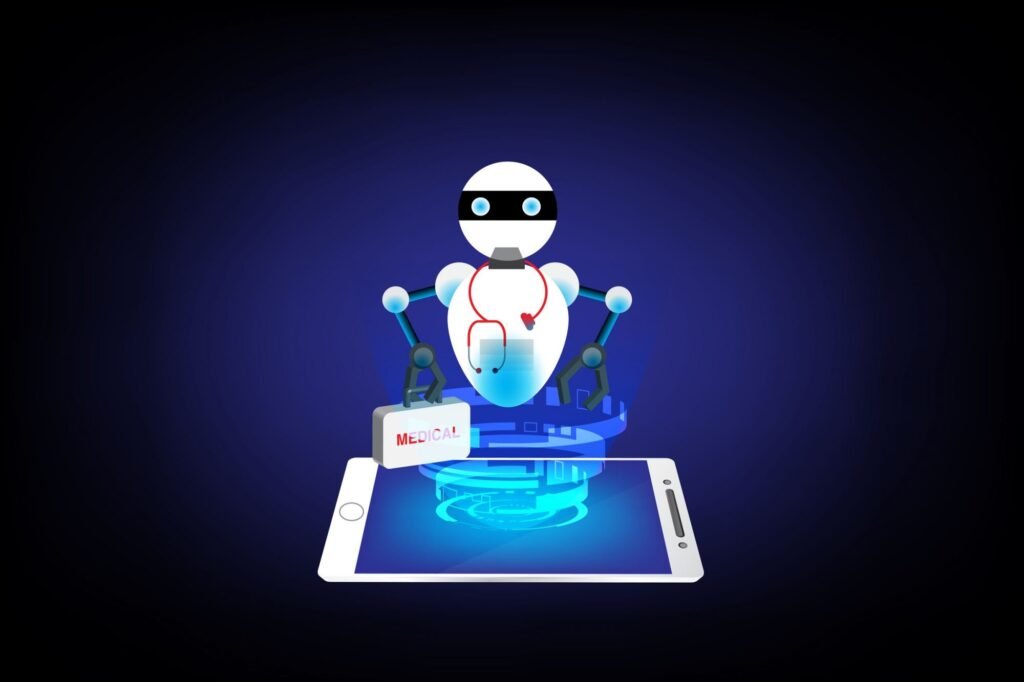
This image is property of assets.entrepreneur.com.
Enhancing Cybersecurity and Data Privacy
Identifying and Preventing Cyber Threats
AI can significantly strengthen cybersecurity measures by identifying and preventing cyber threats in real-time. AI algorithms can analyze network traffic, system logs, and user behavior to detect anomalies and potential security breaches. By continuously learning from new attack patterns, AI-powered systems can adapt and evolve to counter emerging cyber threats effectively. Additionally, AI can enable faster incident response, assisting in the mitigation of damages and the preservation of sensitive data.
Securing Sensitive Data
AI plays a crucial role in securing sensitive data by implementing robust encryption algorithms, access controls, and data anonymization techniques. This ensures that data is protected during storage, transmission, and processing. AI-powered systems can also detect unauthorized access attempts and suspicious activities, providing early warning indicators of potential data breaches. By integrating AI into cybersecurity strategies, organizations can safeguard critical information and maintain the trust of their customers and stakeholders.
Protecting User Privacy
AI can help protect user privacy by implementing privacy-enhancing technologies and adhering to data protection regulations. By anonymizing and de-identifying personal data, AI algorithms can minimize the risks associated with data sharing and analysis. AI can also enable users to have greater control over their personal information by implementing privacy settings and consent mechanisms. Furthermore, AI can assist in detecting and mitigating privacy breaches, ensuring that user data is handled responsibly and ethically.
Promoting Sustainable Energy Solutions
Smart Grid Systems
AI-powered smart grid systems enable efficient energy distribution, consumption monitoring, and load management. By analyzing real-time energy usage data, AI algorithms can optimize the distribution of electricity, reduce grid imbalances, and prevent blackouts. Additionally, AI can predict electricity demand patterns, enabling utilities to adjust energy generation accordingly and integrate renewable energy sources seamlessly. Smart grid systems not only promote energy efficiency but also contribute to the stability and reliability of the overall energy infrastructure.
Demand Response Management
AI can facilitate demand response programs that incentivize energy consumers to adjust their energy usage during peak demand periods. By analyzing historical consumption data and external factors, AI algorithms can predict peak demand periods and notify consumers in advance. This empowers individuals and businesses to make informed decisions in optimizing their energy consumption and reducing strain on the electrical grid. Demand response management plays a vital role in balancing energy supply and demand, avoiding excessive energy generation, and lowering carbon emissions.
Energy Efficiency Optimization
AI technologies can optimize energy usage by analyzing data from various sources, such as appliances, sensors, and weather conditions. AI algorithms can identify energy-intensive activities and provide real-time recommendations for energy-saving measures. Smart devices powered by AI can integrate with the energy grid and automatically adjust energy consumption based on demand fluctuations and pricing thresholds. By promoting energy efficiency, AI contributes to reduced greenhouse gas emissions, cost savings, and a more sustainable energy ecosystem.
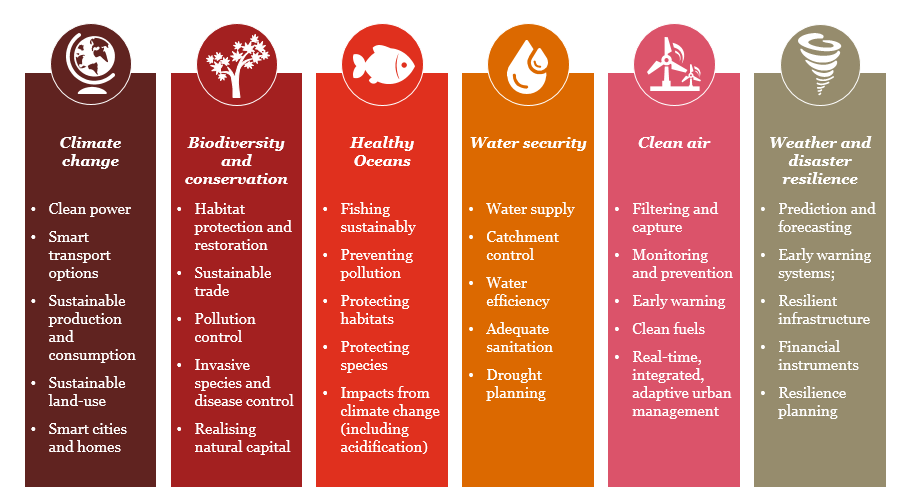
This image is property of assets.weforum.org.
Fostering Smart Cities and Urban Development
Intelligent Infrastructure Management
AI can enable intelligent infrastructure management in smart cities to enhance efficiency and sustainability. By integrating various data sources, such as traffic sensors, weather stations, and public transportation systems, AI algorithms can optimize the management of resources and infrastructure. This includes intelligent street lighting, waste management systems, and water distribution networks. AI-powered infrastructure management enables cities to respond dynamically to changing conditions, reduce resource waste, and enhance the overall quality of life for residents.
Optimizing Traffic Flow
AI technology can optimize traffic flow in urban areas, reducing congestion and improving transportation efficiency. By analyzing real-time traffic data from cameras, sensors, and GPS systems, AI algorithms can predict traffic patterns, suggest alternative routes, and adjust traffic signal timings accordingly. This leads to reduced travel times, decreased fuel consumption, and improved air quality. AI-powered traffic optimization ensures smooth traffic flow, enhances road safety, and contributes to more sustainable and livable cities.
Enhancing Public Services
AI can enhance public services by analyzing vast amounts of data to improve urban planning, resource allocation, and service delivery. AI algorithms can process data from sources such as social media, surveillance systems, and public records to identify areas that require attention, detect potential risks, and improve public safety. Furthermore, AI-powered chatbots and virtual assistants can provide citizens with access to information and services, ensuring efficient and responsive public administration. By leveraging AI, cities can transform public services, making them more accessible, inclusive, and citizen-centric.
AI in Social Good Initiatives
Disaster Response and Relief
AI technology can assist in disaster response and relief efforts by analyzing data from various sources to facilitate early warning systems, resource allocation, and emergency planning. By analyzing weather data, social media feeds, and satellite imagery, AI algorithms can detect and predict natural disasters, enabling timely evacuation and response. AI-powered drones and robots can assist in search and rescue operations, reaching inaccessible areas and providing critical support. AI in disaster response can save lives, reduce damages, and promote effective recovery.
Addressing Poverty and Inequality
AI has the potential to address poverty and inequality by providing access to education, healthcare, and economic opportunities for underserved populations. AI-powered platforms can offer low-cost or free educational resources, enabling individuals in remote areas to acquire knowledge and skills. AI algorithms can assist in identifying and routing resources to areas with limited access to healthcare services. Additionally, AI can empower entrepreneurs through access to market information, financial services, and tailored recommendations. By leveraging AI for social good, we can work towards a more inclusive and equitable world.
Promoting Access to Education
AI can promote access to education by overcoming barriers such as geographic limitations, language barriers, and resource constraints. Through AI-powered educational platforms, individuals can access high-quality educational resources anytime, anywhere. AI algorithms can provide personalized learning experiences, adapt instructional approaches, and offer real-time feedback, enabling individuals with diverse backgrounds and learning styles to thrive. By democratizing access to education, AI contributes to breaking the cycle of generational poverty and fostering social advancement.
In conclusion, AI technology holds tremendous potential in transforming various domains and making our world a better place. From environmental conservation to healthcare, transportation, education, agriculture, customer service, cybersecurity, sustainable energy, urban development, and social initiatives, AI is revolutionizing the way we address complex challenges and create a more sustainable and inclusive future. However, it is essential to ensure responsible and ethical AI development, addressing concerns related to bias, transparency, and privacy, to fully leverage the benefits of this groundbreaking technology. As we embrace AI and its capabilities, we have the opportunity to solve pressing global issues and build a brighter and more equitable world for future generations.
Want to write articles like us? Get your copy of AI WiseMind here!


